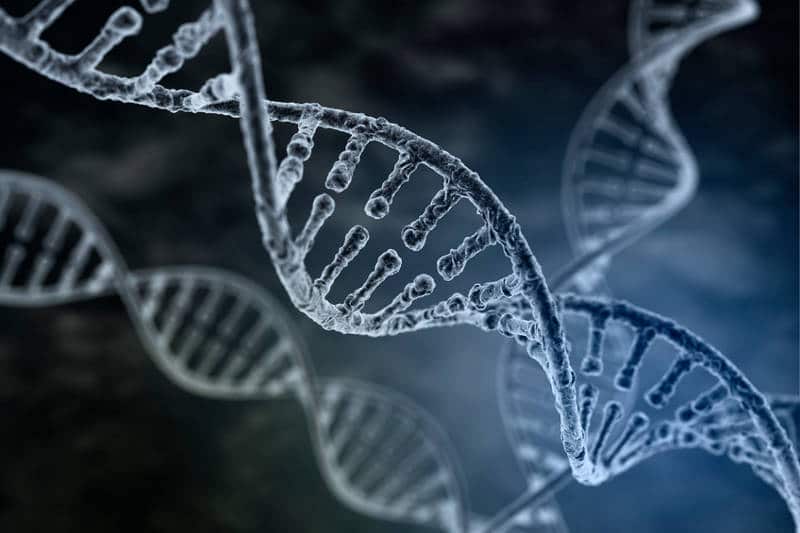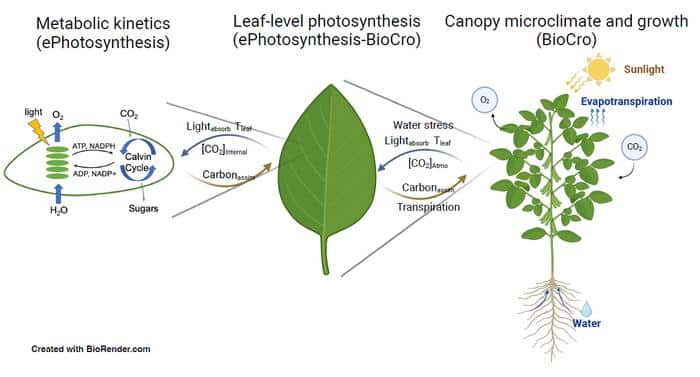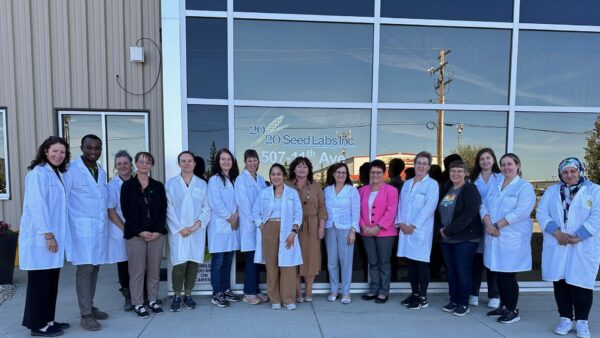The creation of new library of mutants of the single-celled photosynthetic green alga, Chlamydomonas reinhardtii enabled a Carnegie- and Princeton University-led team of plant scientists to identify more than 300 genes that are potentially required for photosynthesis. Photosynthesis is the process by which plants, algae, and some bacteria convert energy from sunlight into carbohydrates,filling our planet’s atmosphere with oxygen as a byproduct.
Their findings are published this week in Nature Genetics.
Chlamydomonas represents a group of algae that are found around the globe in fresh and saltwater, moist soil, and even snow. They are photosynthetic and readily grow in the lab, even in darkness if given the right nutrients. This makes Chlamydomonas an excellent research tool for plant biologists, especially for those interested in the genetics of the photosynthetic apparatus, as well as many other aspects of plant biochemistry, such as responses to light and stress.
In this study, the research team created a library of about 80,000 Chlamydomonas mutants which they used to identify 303 genes thought to participate in photosynthesis. Of these, 65 encode proteins that were already known to play a role in photosynthesis. The remaining 238 genes had no previously known role in photosynthesis, making them targets for further research. Twenty-one of them are considered high-priorities for additional investigations.
“This work opens the door to a new understanding of the various processes associated with photosynthetic function, which are of fundamental importance to our planet’s food supply, as well as, of course, to replenishing the atmospheric oxygen that we breathe,” says Carnegie co-author Arthur Grossman.
The research team’s findings indicate that nearly half of the genes that are necessary for plants to create carbohydrates by photosynthesis have not yet been characterized.
“This is remarkable, considering that genetic research on this fundamental process began in the 1950s,” says Princeton co-author Martin Jonikas, who was formerly at Carnegie. “Our library demonstrates how much work remains to be done in revealing mechanisms underlying the biochemical process that shaped our planet’s history and created the conditions that allowed life to thrive here.”
Zhiyong Wang, Acting Director of Carnegie’s Department of Plant Biology, adds: “This work really illustrates the power of using high-throughput genetic techniques to address major issues in biology.”












